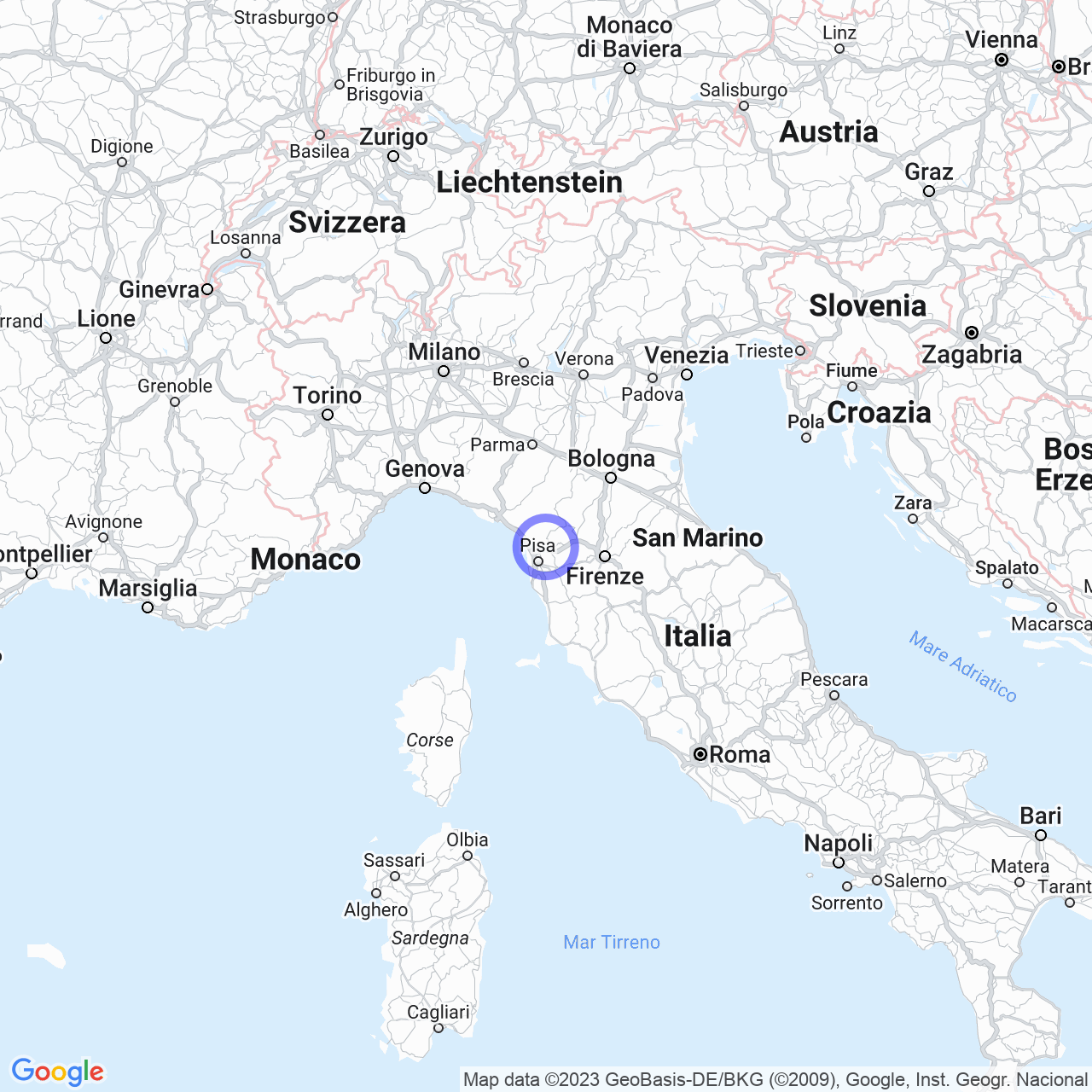Piaggione
Piaggione - The hamlet of Lucca born from a cotton factory
Piaggione is a small hamlet in the municipality of Lucca, famous for its ancient cotton spinning factory. This factory was the founding reason for the village and its infrastructure. The name Piaggione comes from the word 'spiaggione' as it is located on the bank of the Serchio river, the main watercourse in the Lucchesia region.
The beauty of the landscape
Although the presence of the factory is the main characteristic of the village, the landscape of Piaggione is less known but of great beauty. It is located on the banks of the Serchio river and offers breathtaking panoramic views. The hamlet is surrounded by green hills and lush forests.

The urban planning of Piaggione
Piaggione was born around the industry that made it innovative in terms of urban planning. In fact, it is one of the few villages with a precise date of birth as a place born from a well-defined project. The cotton factory influenced the architecture of the hamlet, creating a unique and recognizable style.
Hydroelectric power
In the past, Piaggione still exploited the driving force of water, which soon became electric power thanks to the hydroelectric plant in the factory. In recent times, the cotton complex has been redeveloped. The hydroelectric power plant that supplied energy to the factory has been completely renovated, as well as the water intake, and now produces electricity that is injected into the national electricity grid.
The Lucca-Aulla railway
The Piaggione railway station on the Lucca-Aulla railway was active until 2002. The railway line, opened in 1911, represented an important connection between the Apuan Alps area and the cities of Lucca and Pisa. Today, part of this railway has been converted into the famous Versilia cycle path, a scenic route that connects Pietrasanta and Lido di Camaiore.
Conclusion
Piaggione is a hamlet with a unique and fascinating history. The presence of the cotton factory influenced the birth and development of the village. Today, the area has undergone significant transformation, and the hydroelectric power plant has been redeveloped to produce electricity. The beauty of the landscape and the village itself make Piaggione a place to visit to discover the culture and traditions of the area.
